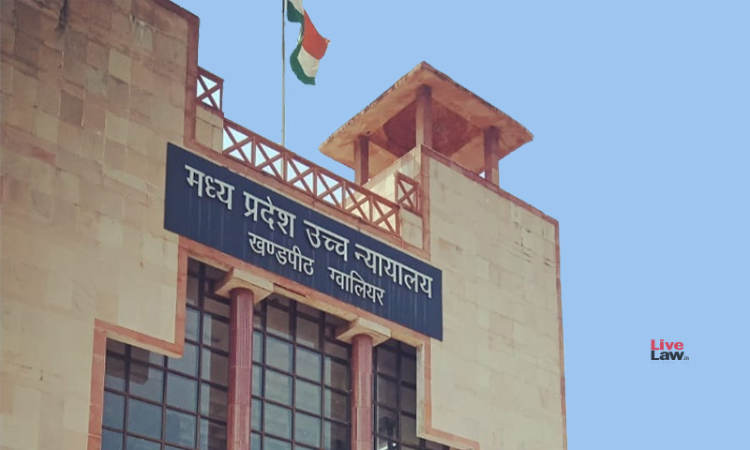Madhya Pradesh High Court Affirms Family Court's Order Granting Motherless Minor's Custody To Father Over Maternal Grandparents
Sparsh Upadhyay
27 Nov 2022 10:08 PM IST

Next Story
27 Nov 2022 10:08 PM IST
The Madhya Pradesh High Court recently affirmed an order of the family court granting the custody of a motherless minor child to his father over his maternal grandparents. With this, the HC dismissed an appeal preferred by the maternal grandparents against the family court's order.Testing the case on the anvil of the welfare of the minor and the comparative resources of the parties, the bench...
